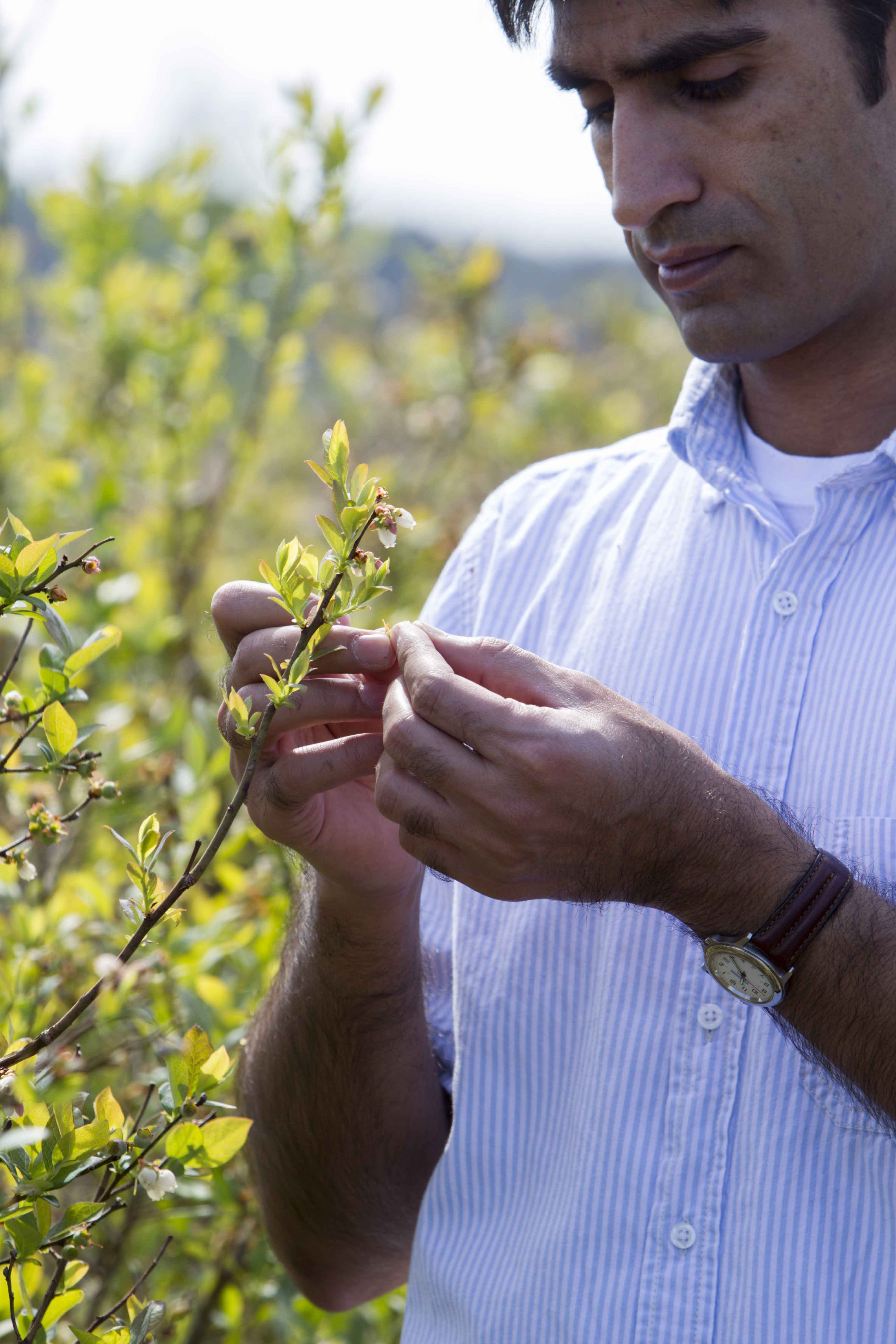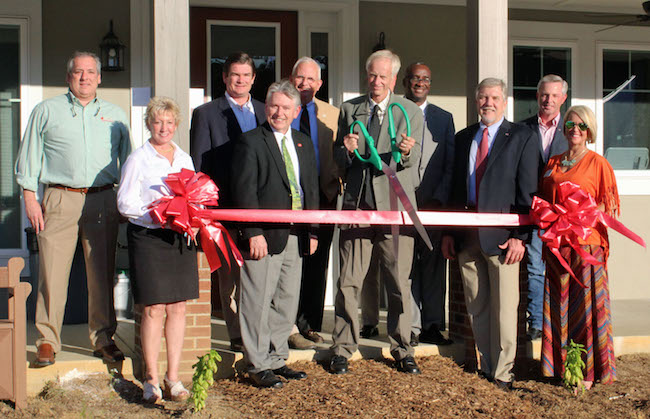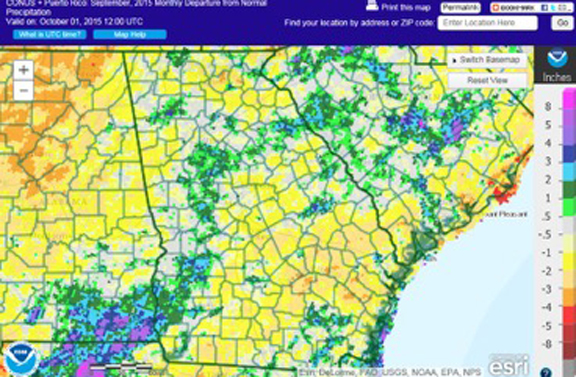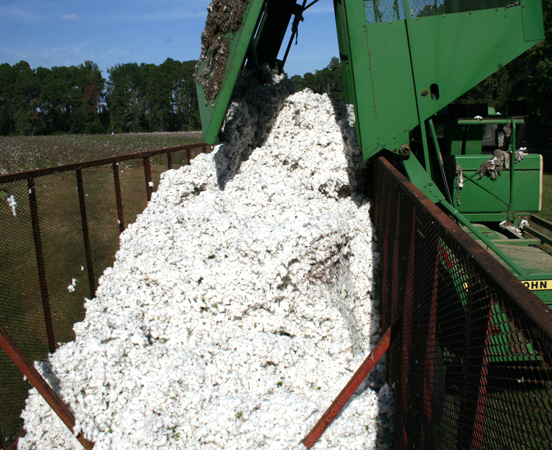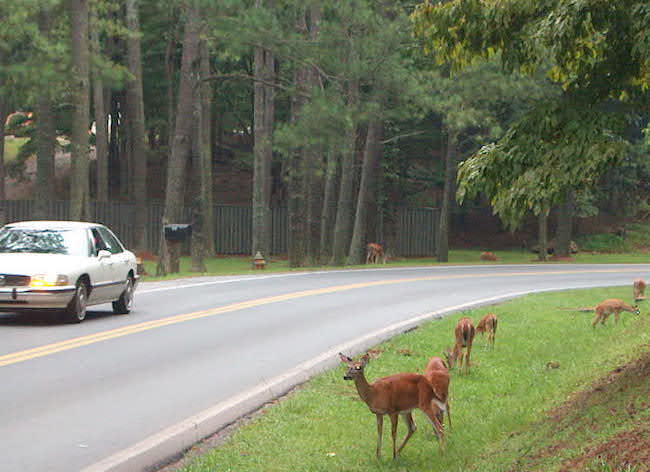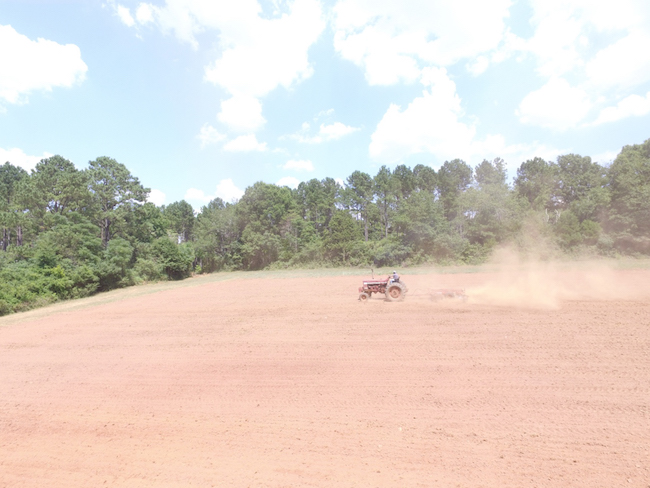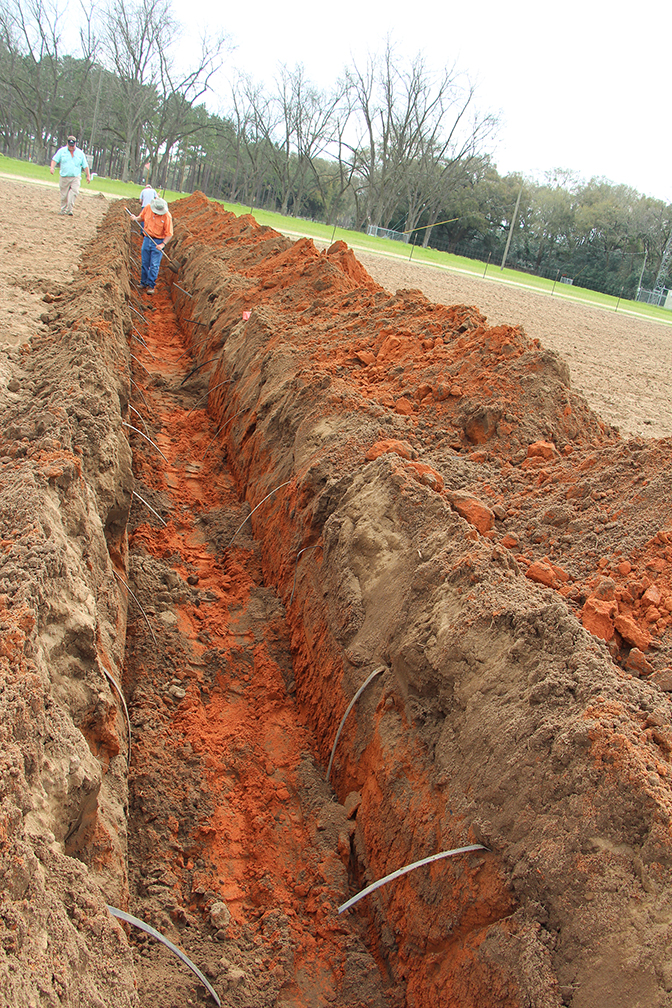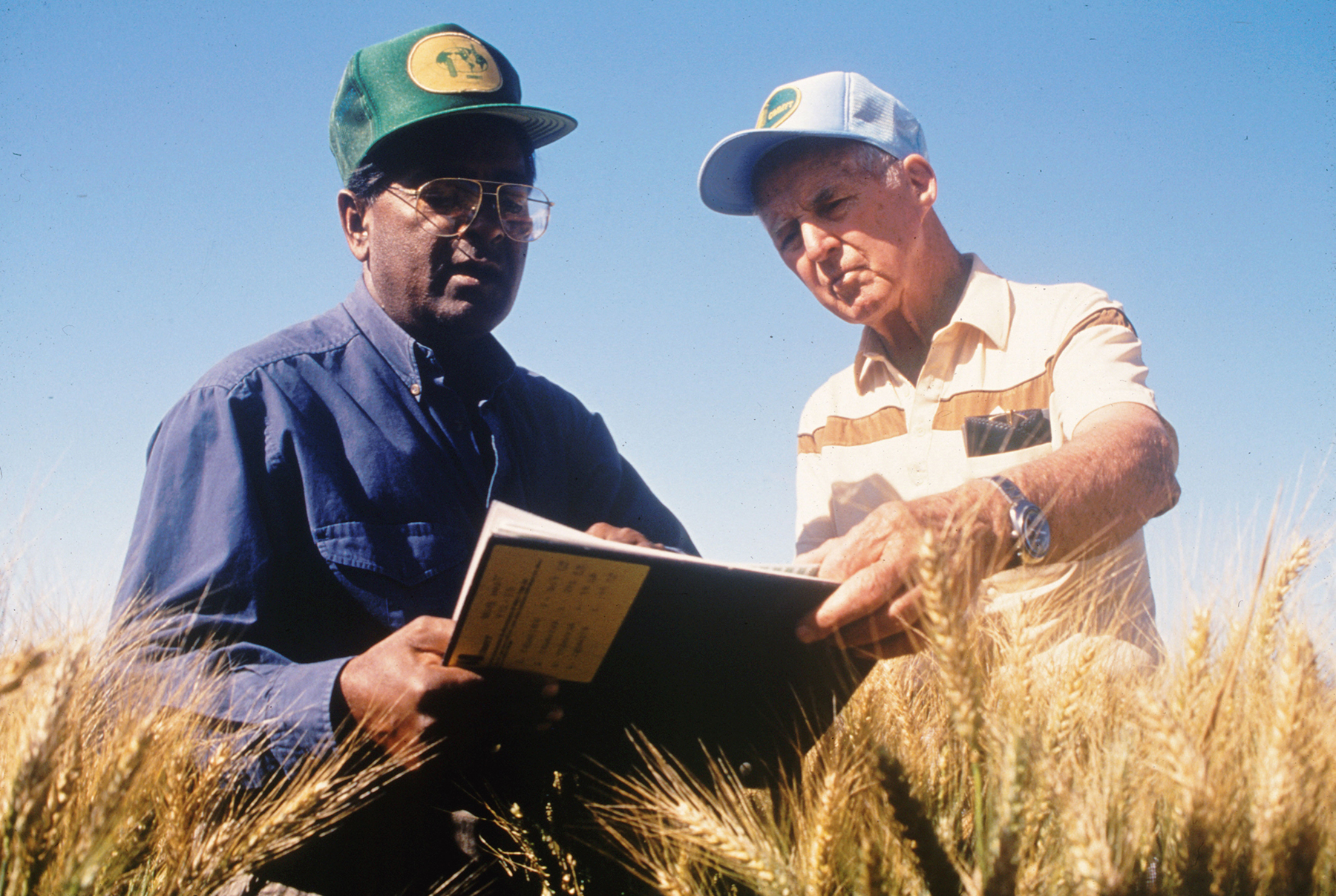 CAES News
CAES News
D.W. Brooks Lecture
In a time of public debate over the effectiveness and safety of genetically modified foods, it’s hard to picture the era before crop breeders developed grain varieties that could withstand drought and common diseases.

